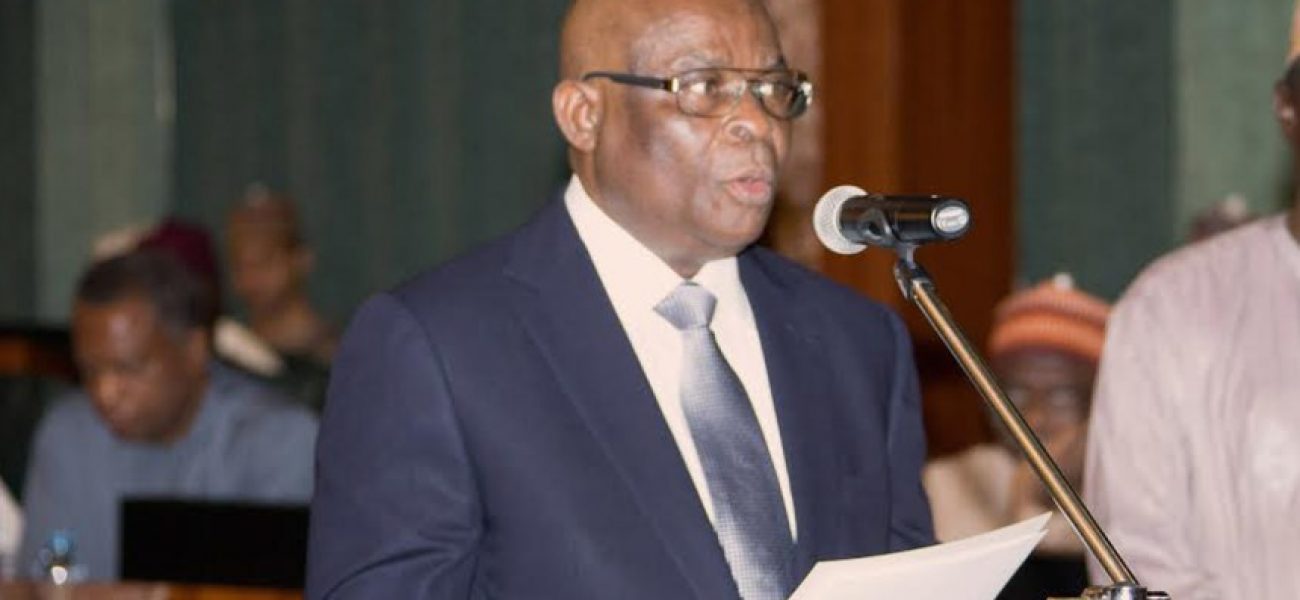Nigeria’s Chief Justice of Nigeria (CJN) may stand trial for failing to declare all his assets and having bank accounts denominated in local and foreign currencies after Federal Government filed 6 charges against Walter Onnoghen at the Code of Conduct Tribunal (CCT) on 10 January, 2019.
Among others, the CJN, is accused of breaching Public Service Rules and Paragraph 15(1) and (2) of the Code of Conduct Bureau and Tribunal Act and Paragraph 11(1) of Part 1 of the 5th Schedule of the 1999 Constitution (as amended) which stipulate the time frame for public officers to declare their assets and penalise false statements respectively. However, the timing of the charges has been criticised by some as an attempt to intimidate the judiciary in view of Nigeria’s forthcoming elections that are scheduled in four weeks.
While an Abuja Division of the Federal High Court has extended the restraining order against the continuation of the trial of Nigeria’s Chief Justice, Walter Onnoghen to January 28, 2019, it is unclear whether the government will resist pressure from civil society, the leadership of the National Assembly and the highest echelon of lawyers represented by the Senior Advocates of Nigeria to stop planned arraignment.
The independence of judges has come under close scrutiny after judges’ homes were broken and raided in 2016. However, it is not the first time that charges by the CCT have been perceived to have political undertones as the Senate President, Bukola Saraki also faced a 13 count charge by the Tribunal in 2015 before his acquittal, last year. The Senate President had been accused of making false asset declarations and opening a foreign account.

